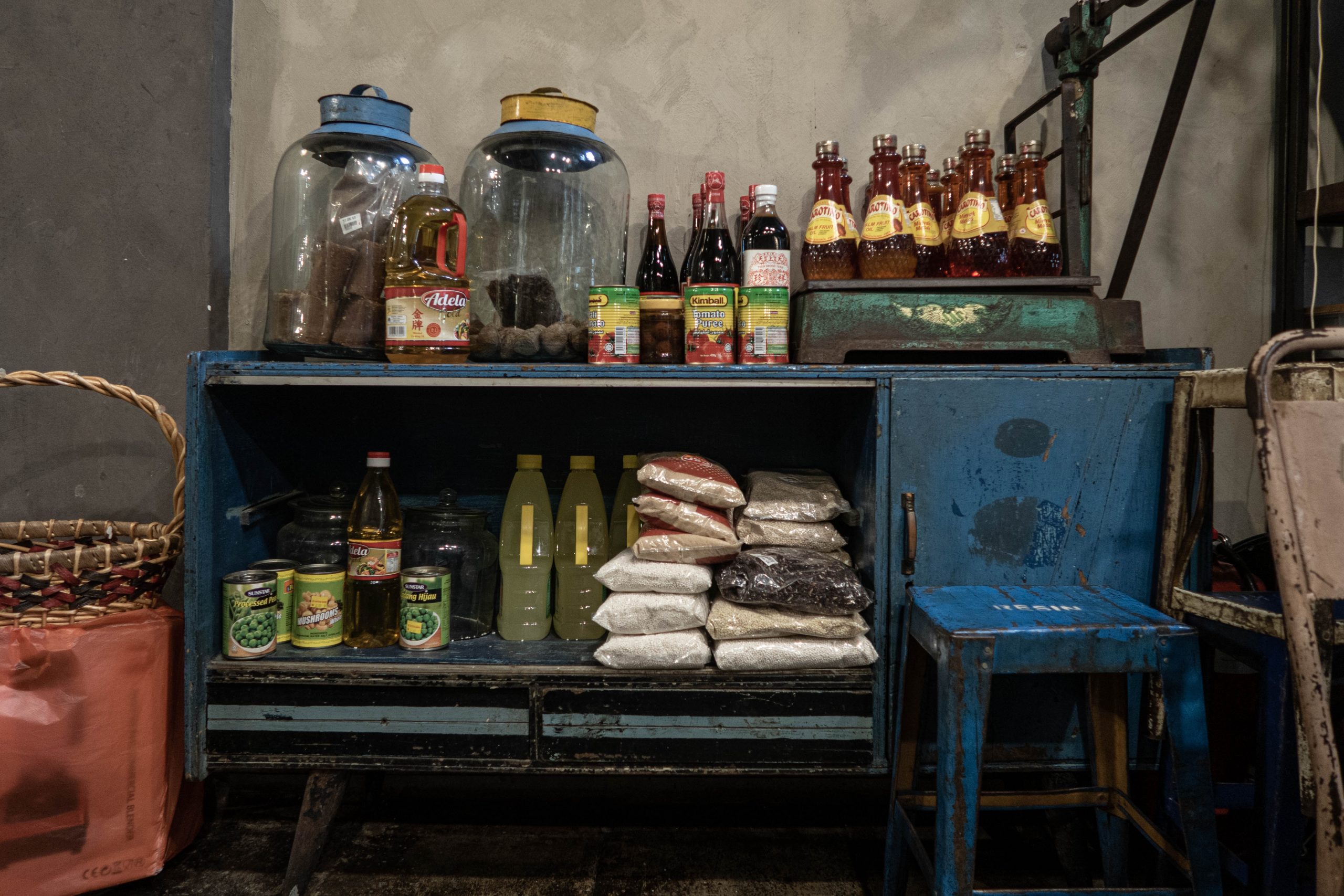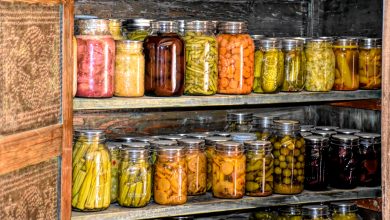As someone who’s been in the prepping world for years, I can assure you that preparing for short-term emergencies is not only practical but also essential. Unexpected situations such as power outages, natural disasters, or even supply chain disruptions can severely impact our ability to access daily necessities. Here’s a comprehensive guide to building a two-week emergency food supply:
Understanding the Basics
The majority of emergencies won’t cut off your food supply for a full two weeks, but it’s always wise to plan for the worst. For a two-week period, it’s not just about having food but ensuring it meets nutritional needs. Always aim for at least one balanced meal per day.
If you frequently dine out, remember to account for this by stocking more than you’d typically consume at home. Store foods that don’t require refrigeration or freezing. Regularly rotate your stock to keep it fresh, ideally once every six months.
Mapping Out Your Plan:
- Detailed Family List: Jot down names of all family members, highlighting special dietary requirements, like diabetes or allergies.
- Inventory Check: Catalog all current staple foods. Mention quantity, purchase date, open date, and expiration if possible. Display this near your storage area for easy reference and regular updates.
- 14-Day Meal Plan: Label from “Day 1” to “Day 14”. For each day, specify the location of the food if spread out. This can also be your chance to try out and fine-tune your recipes.
- Preparation Insights: Note down water requirements, equipment, and utensils for each meal. It’s crucial as this will highlight what additional items you need to stock up on.
- Cooking Instructions: For staples without packaging instructions, draft clear preparation steps. Store them in waterproof bags to ensure they remain legible.
Suggested Foods and Products:
- Ready-to-Eat Options: High-quality canned meats, fruits, and vegetables. Brands like Mountain House or Augason Farms have a good reputation in the prepping community.
- Drinks: Canned juices and milk. For soups, if they’re powdered, remember to store extra water. LifeStraw or other portable water filters can be lifesavers.
- Essential Staples: Sugar, salt, pepper. But also consider long-term storage options like Readywise freeze-dried goods.
- Energy Boosters: Opt for calorie-dense foods like peanut butter, crackers, granola bars, and trail mix. My go-to brands include Clif Bars and KIND.
- Special Needs: Foods catered for infants, elderly, or those with specific dietary requirements.
- Comfort Foods: Never underestimate the morale boost from treats like cookies, hard candies, or a cup of instant coffee.
- Vitamins: A good multivitamin can help bridge any nutritional gaps.
Emergency Survival Kits:
While you can DIY, reputable ready-made kits like those from Ready Hour or 4Patriots can be invaluable.
Essential Non-Food Items:
- Tools: A multitool like Leatherman or Gerber Gear can combine many functions.
- Lighting: Long-lasting candles, waterproof matches, and a reliable flashlight (preferably solar or hand-crank powered). Goal Zero offers some solid choices.
- Communication: A battery-powered or hand-crank radio. The RunningSnail Solar Crank NOAA Weather Radio is a popular choice among preppers.
- Emergency Cash: Always have some cash in small denominations.
- Warmth: Emergency blankets or sleeping bags can be crucial.
- Sanitation: Have a bucket, sanitation liners, and some basic sanitation supplies ready.
Finally, always remember: with preparation comes peace of mind. As the prepper motto goes, “It’s better to have and not need than to need and not have.” Stay safe and prepared!








